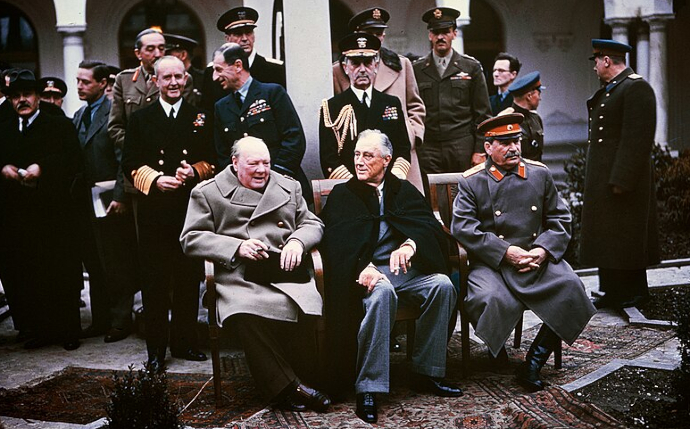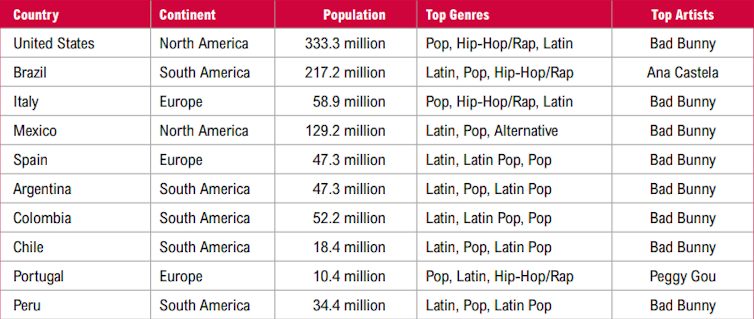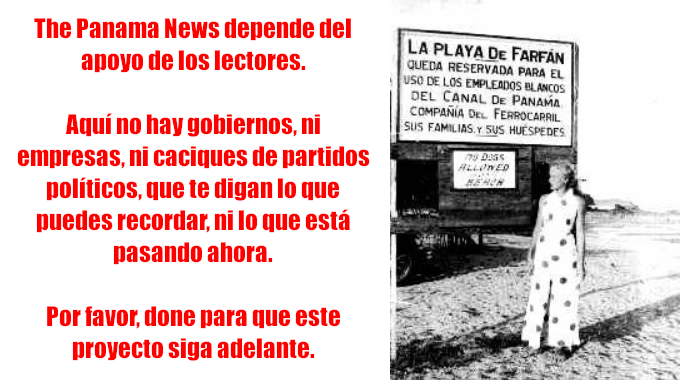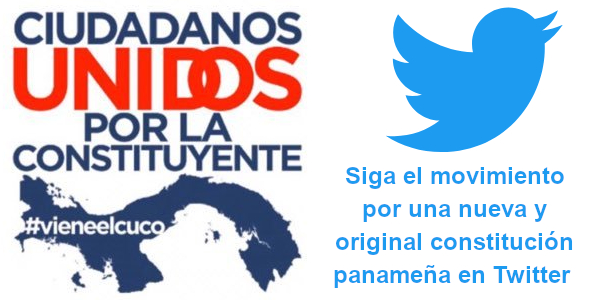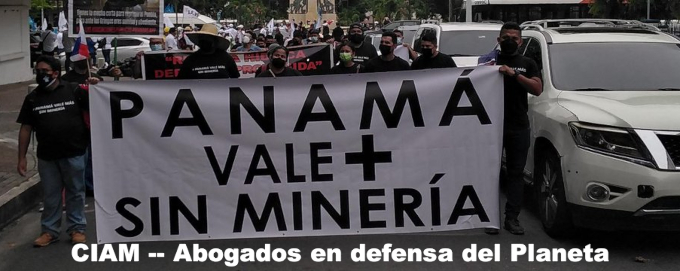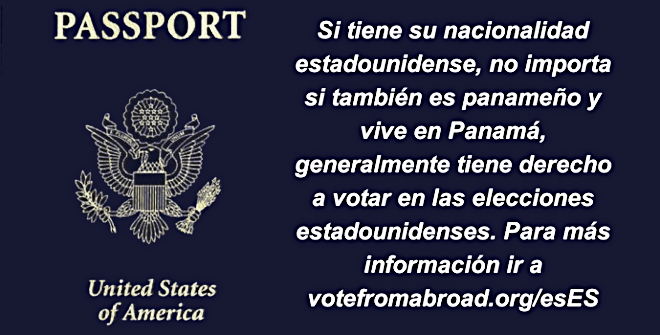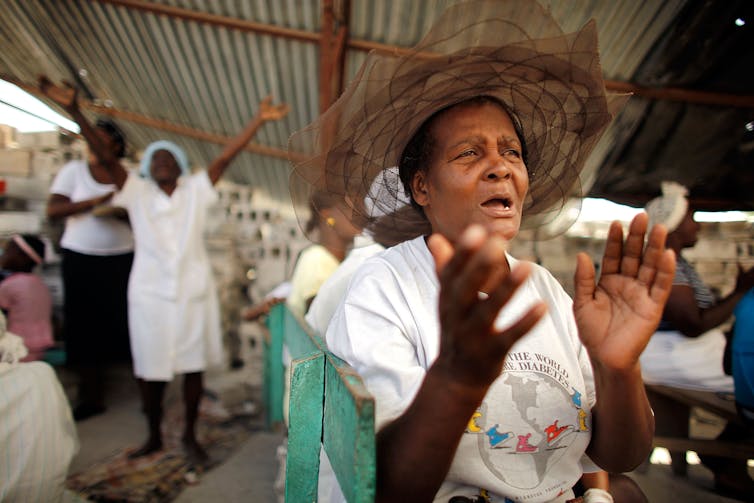If the time comes again, will YOU hail Il Duce? Ricardo Martinelli, in regalia back then. Archive photo by the Presidencia.
OFFICIALLY, the 2024 general election campaign season begins on Saturday
by Eric Jackson
That’s for the most part an unenforced legal fiction. The Electoral Tribunal has more than 1,200 complaints about electioneering out of season. Many of these are debatable. Some are flagrant. It’s unlikely that there will be significant consequences in any of these cases.
MEANWHILE:
* Election officials tell us that we will have a mainly female electorate this time, with 1,511,049 women eligible to vote, as against 1,493,034 men. Panama used to be one of those rare male-majority countries. Generally, women live a bit longer on average than men, and male majorities are usually the products of some severe sexism. As in, I some places where abortion is legal a lot of female fetuses get aborted because little boys are preferred. But HERE, it’s a matter of women, who tend to be better educated than men, running into such social and employment discrimination that if they can they marry foreigners and leave Panama. Before the US military bases closed by the end of 1999, there were many more opportunities for Panamanian women to meet and marry foreign men. We are still an international commercial and transportation crossroads so there is still a range of possibilities here that are much diminished in some of the neighboring Latin American societies. However, we are no longer a male-majority society and now that change has tipped a balance in the electorate. Whether we see a gender gap in voting trends and the extent of any such are questions to be answered.
* For the presidency, a former guy, Ricardo Alberto Martinelli Berrocal, has a significant lead in most credible polls, with Rómulo Roux, another former guy Martín Torrijos, Ricardo Lombana and current VP Gaby Carrizo in a reasonably close four-way battle for second place. Lagging well behind but with the possibility of events giving them a break are right-wing independent Zulay Rodríguez and leftist independent Maribel Gordón. However, there are a few notorious skew factors in much of the polling here. First, pollsters don’t much get into the remote areas, including the indigenous comarcas. Second, there is a fear factor that may not be like in dictatorship times when folks were afraid of being taken away if they gave answers that might offend the gorilas – now it’s more a matter of people with government jobs fearing that they might lose them if it becomes known that they won’t be voting for the ruling Democratic Revolutionary Party (PRD) – or the fear might be that a family member with a public sector job might lose it. Third, there is avoidance of social conflict or embarrassment, wherein people won’t want it known that they support somebody widely reviled or ridiculed, who might be Gordón, Rodríguez, Carrizo or Martinelli – depending on which social circles the person who is asked might run. Then there are the not always the same reasons trends among those people who decline to answer pollsters’ questions. Take it though, that Martinelli in the lead and a reasonably close multi-way race for second is something approximating reality at this point.
* Panamanian voters are notorious for throwing out the party that holds the presidency in the next election. The notion that a five-year turn at the trough is enough. However, that applies strongly to the presidency but not as much to the races for seats in the National Assembly or in local races for mayors or representantes.
* Individual traits, or public perceptions of them, do matter. That’s why on the social media there is so much organized “call center” mudslinging. However, that stuff usually only works well if there is a basis in truth for the allegations. And the truth of the matter? A bunch of the public officials running for re-election or for higher office this time reasonably DO look ridiculous, or scandalous. Those who elicit angry or hateful screams are usually not as endangered as those who are the butts of viral jokes and popular caricatures. To what extent will Evangelical queer-baiting, leftist fascist-baiting or rightist red-baiting matter? We shall see. Although their adversaries will call them “terrorists,” those who brand the supporters of the First Quantum mining operation “vendepatrias” – country-sellers – may have this year’s most damaging campaign epithet.
* The biggest formative events are pending. Does the Supreme Court decline to hear Ricardo Martinelli’s motion for a high-level retrial and ultimate quashing – cassation – of corruption and money laundering allegations behind his conviction and 10 years plus eight months prison sentence in the New Business case? If the high court won’t hear it, by ordinary operation of the constitution and laws he’s off the ballot for the May election. But can he buy a delay until after the ballots are due to be printed? If he loses in the high court, might he fight a new appeal before the Electoral Tribunal? Does he have many angry supporters who would take to the streets, or just his usual rent-a-crowds? This reporter lacks the gift of prophecy but expects the whole drama to be played out over the next few days.
Contact us by email at thepanamanews@gmail.com
To fend off hackers, organized trolls and other online vandalism, our website comments feature is switched off. Instead, come to our Facebook page to join in the discussion.
These links are interactive — click on the boxes
>





